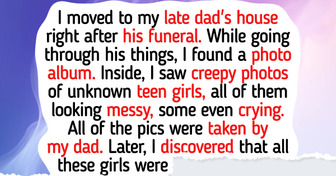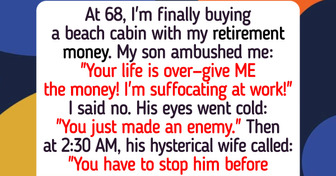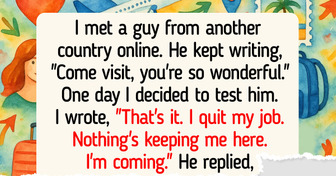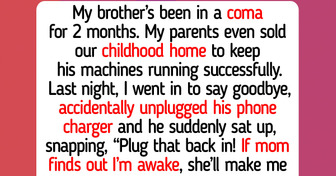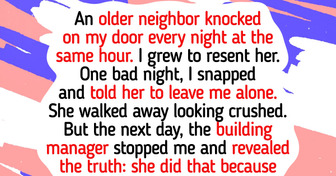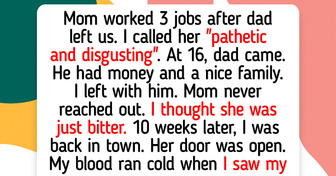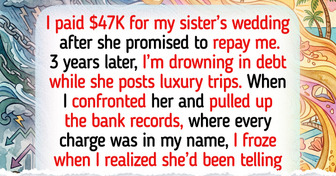I Found Out My Kids Were Plotting Against Me—They Weren’t Ready for My Payback
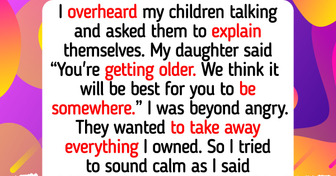
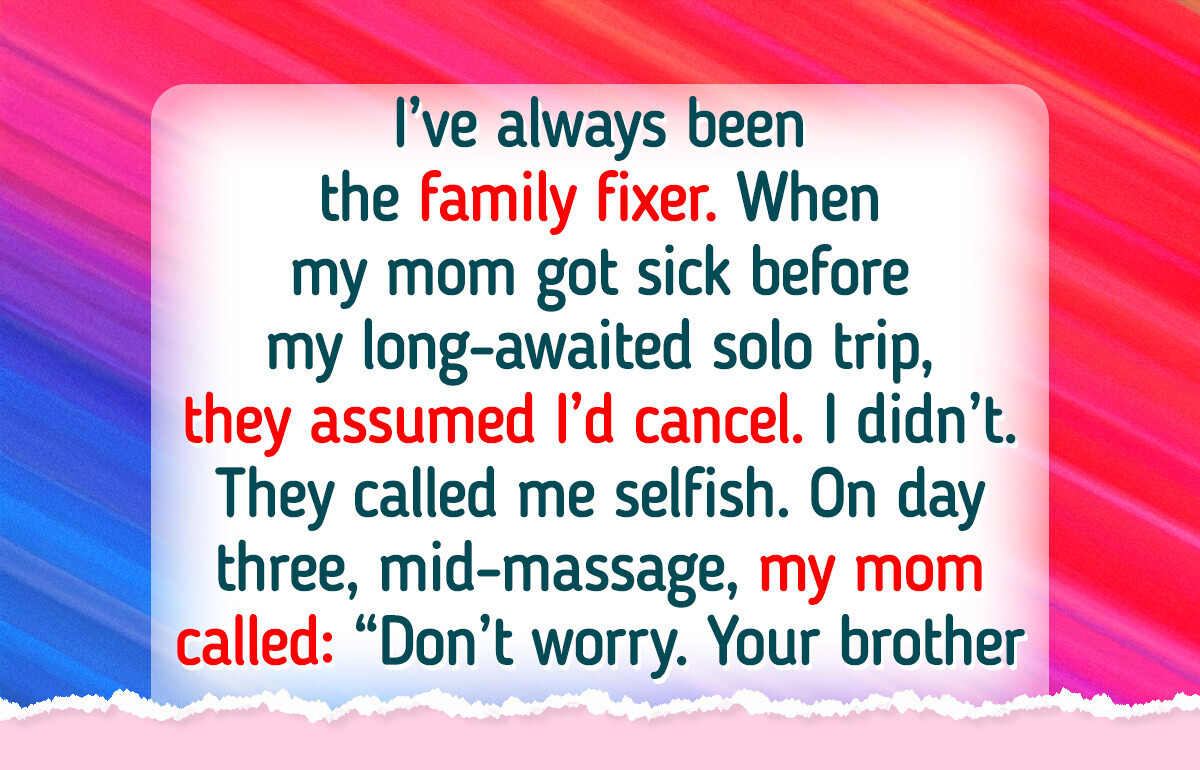
One of our readers shared a story that so many will find painfully relatable. After years of being the family’s emotional emergency line, she finally chose herself, and what followed says everything about invisible labor, burnout, and learning to set boundaries.

“I’ve always been the family’s fixer. When something went wrong, they called me. When my mom got sick the week before my long-overdue solo vacation, everyone assumed I’d cancel.
I didn’t.
I said, ‘I love her, but I’m not burning myself out again.’ They called me selfish. Cold. Said, ‘You’re choosing sunbathing over your own mother.’
Whatever.
I got on that plane and felt peace for the first time in years. Until day three. I was halfway through a spa massage when my phone lit up:
Mom. Calling.
I picked up—because of course I did—and she goes, ‘I just wanted to say... don’t worry, I’m fine. Your brother figured it out. I guess he can be useful after all.’
Then she added, ‘But don’t post photos. It’d hurt my feelings.’
I didn’t respond. I hung up, blocked notifications, and ordered a drink.
If I’m only loved when I’m useful, then maybe it’s time they get used to doing without me.”
Thank you for sharing your story!
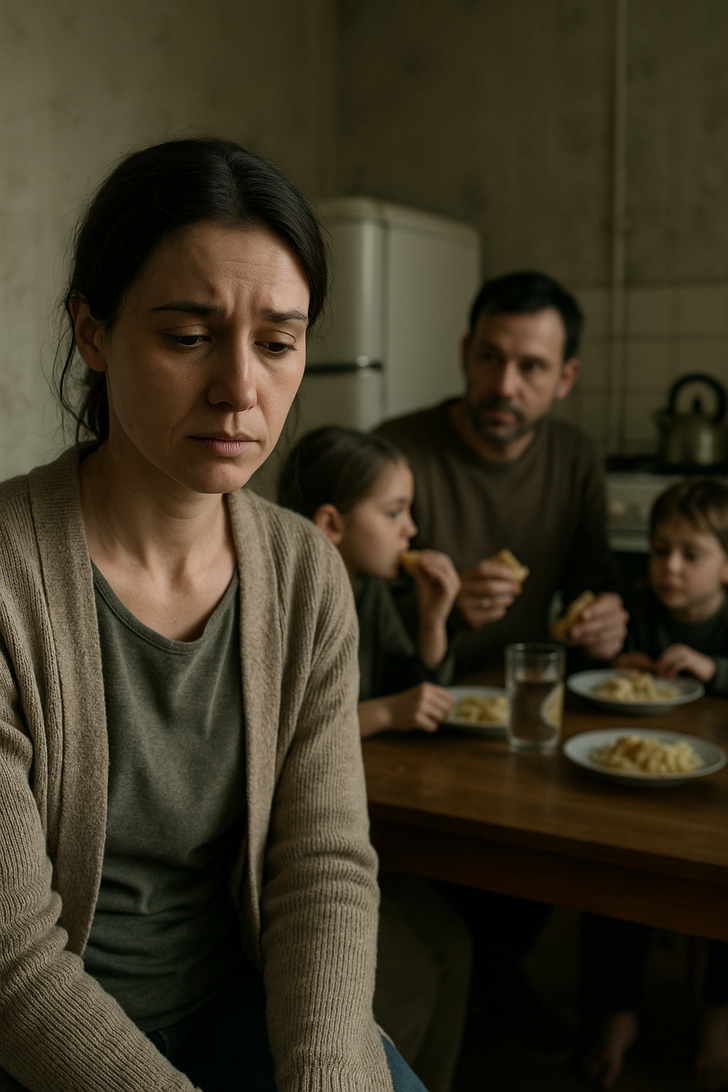
We tend to romanticize sacrifice—putting someone else’s needs ahead of our own sounds selfless, right? But research shows that most people don’t sacrifice purely out of love. Often, it’s driven by guilt, pressure, fear, or a heavy sense of duty. And over time? That can lead to burnout, resentment, and feeling stuck in a life you didn’t really choose.
Sacrifice doesn’t happen in a vacuum. When one person keeps giving, the whole family dynamic shifts. Roles change. Expectations shift. And without even realizing it, some people become “the fixer” or “the strong one,” while others lean in too hard.
Instead, therapists recommend things like:
Rewriting the family story to make room for your own needs.
Learning how to cope with guilt and emotional overload.
Getting help—from real people, not just more responsibilities.
Practicing acceptance, especially when no perfect solution exists.
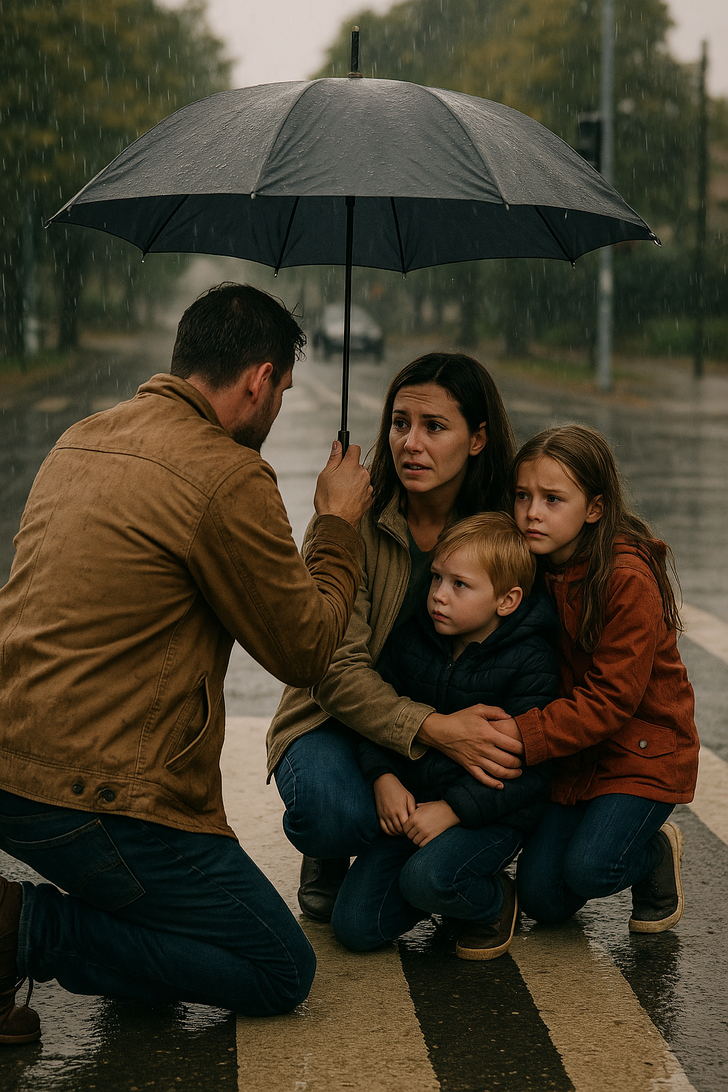
Would you give up everything to save a family member? Most of us say yes—but why are we wired that way?
One fascinating study asked exactly that. Researchers looked at whether self-sacrifice (like risking your life for someone you love) actually makes sense from an evolutionary point of view. And their answer? Sometimes, yes.
Turns out, sacrificing for family isn’t just emotional—it can be biological. Researchers discovered we’re more likely to help our blood relatives than anyone else—and it’s not just about love. It turns out, this kind of loyalty is hardwired into us. Deep down, helping family isn’t just a kind act—it’s a built-in instinct for survival.
Helping your family—even when it costs you—might be part of what helped us survive as humans. It’s not just kindness. It might be coded in our DNA.
Maybe the instinct to protect our family—even at a cost—isn’t just noble, it’s one of the very things that made us human. But like anything powerful, it needs balance—because even love shouldn’t come at the price of losing yourself.

